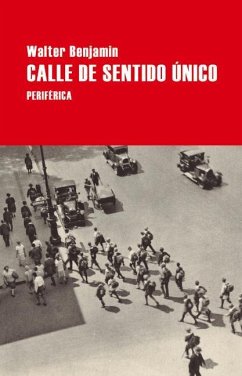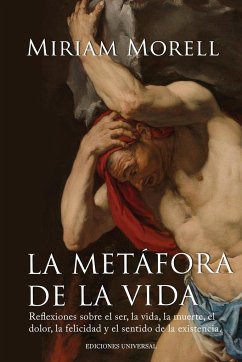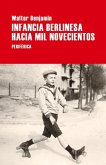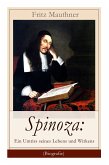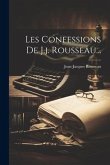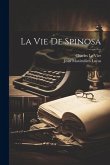Begun when Benjamin meets and falls in love with the Latvian revolutionary Asja Lacis, to whom it is dedicated, One-Way Street is a text that inaugurates a new way of making literature and of thinking about aesthetics. Rather than a simple collection of clairvoyant aphorisms (on the political reality of a Weimar Germany that today resonates sinisterly familiar or on a subtle psychology of love), this book is an urban map arranged according to the logic of the shop windows of a shopping arcade. Benjamin's will was, in the words of his friend Theodor Adorno, "to contemplate all objects as closely as possible, until they became alien and gave up their secret." And this secret tells us as much about our way of relating to the things of everyday life as about the dreams we project onto them: in the landscapes drawn on stamps and banknotes, in the faith of the early riser or in the experience of childhood as that of a time projected into the future. In One Way Street, Benjamin found a writing that emancipates itself from the pretentious "universal gesture of the book" and bets on a new way of understanding aesthetics in brochures and posters, in archives and catalogues, in the resistance to disappearing from the ephemeral time of life. Since its publication in 1928, its influence has not stopped growing.
Hinweis: Dieser Artikel kann nur an eine deutsche Lieferadresse ausgeliefert werden.
Hinweis: Dieser Artikel kann nur an eine deutsche Lieferadresse ausgeliefert werden.

